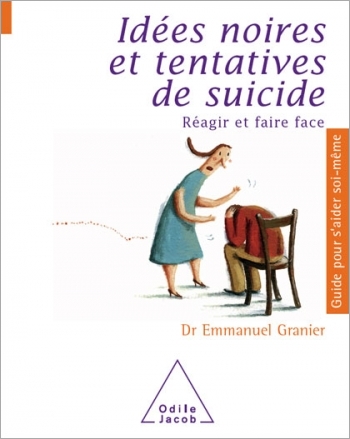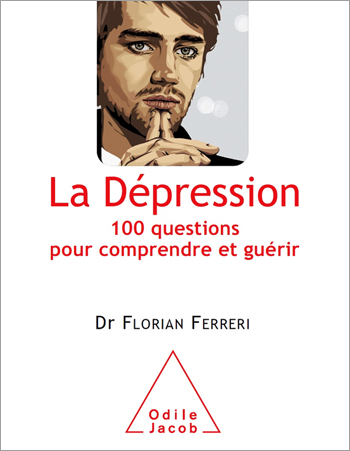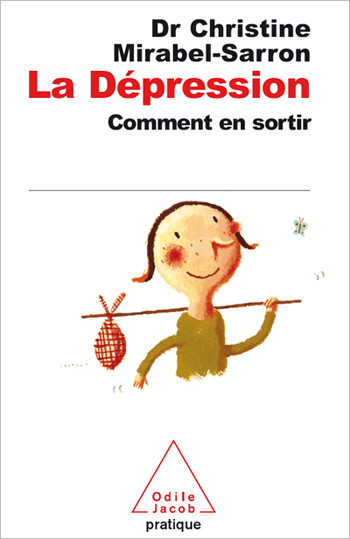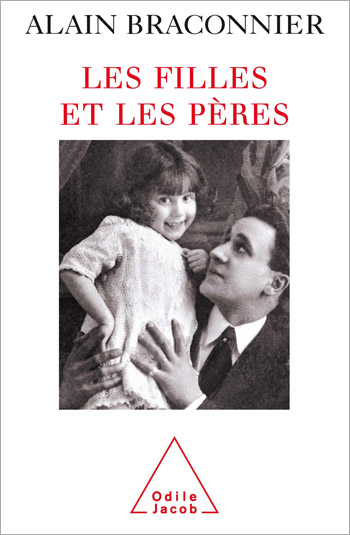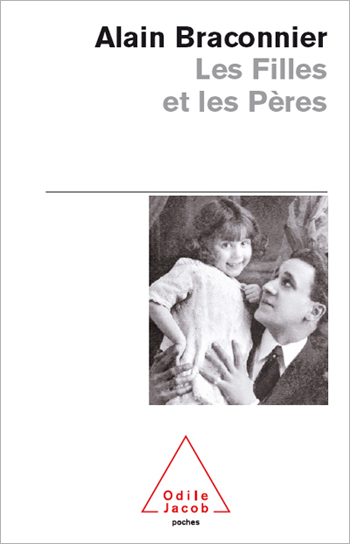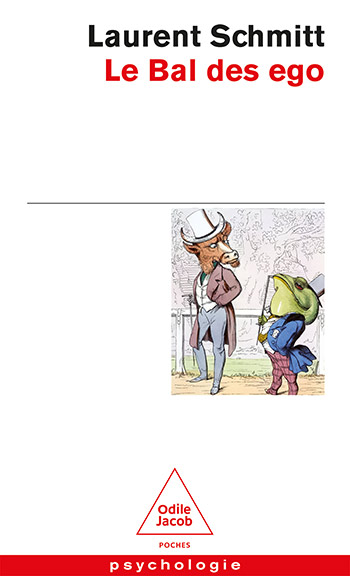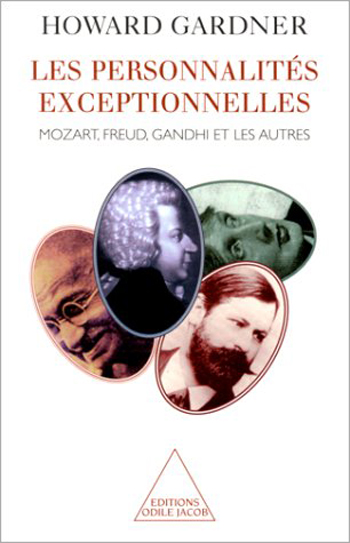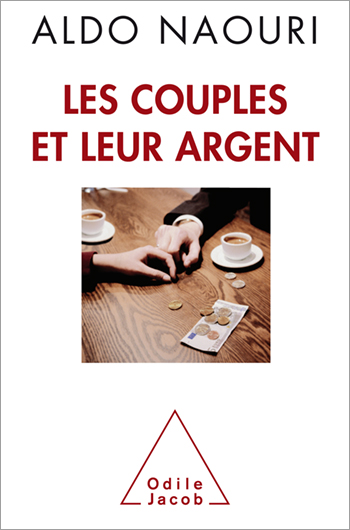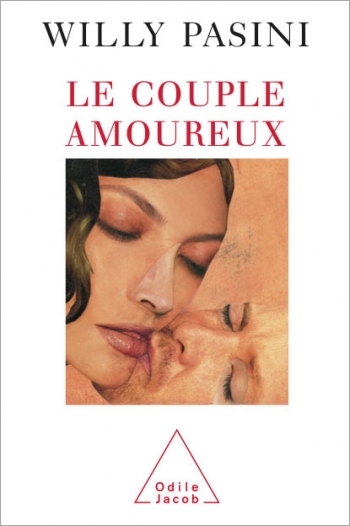General Psychology All books
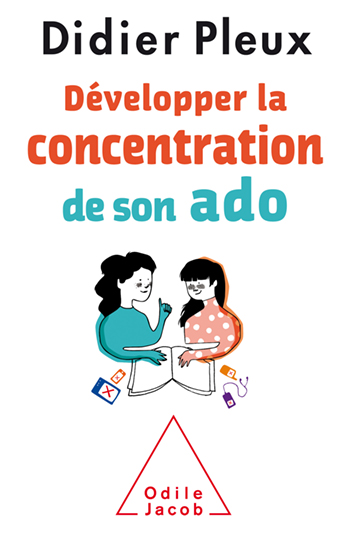
Didier Pleux
Developing Your Teen’s Concentration
Concrete advice to help adolescents concentrate. A book that addresses adolescents directly.
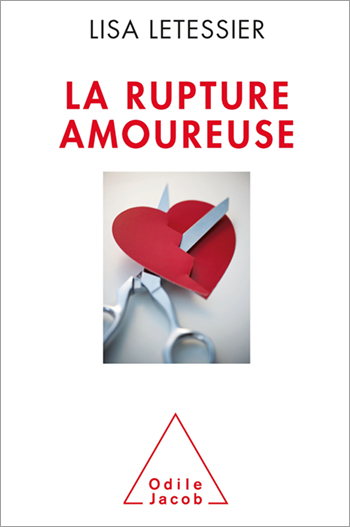
Lisa Letessier
Dealing With Breakups
This complete, practical book shows how to move on after a relationship breaks up
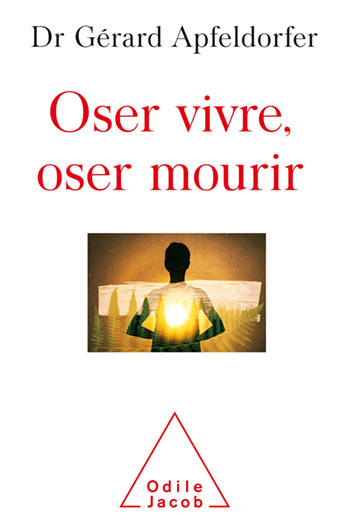
Gérard Apfeldorfer
Dare to Live, Dare to Die Taking hold of death in order to live fully
The delicate issue of choosing to die is raised, explained, and critiqued. A generous book with lively prose, including many anecdotal stories.
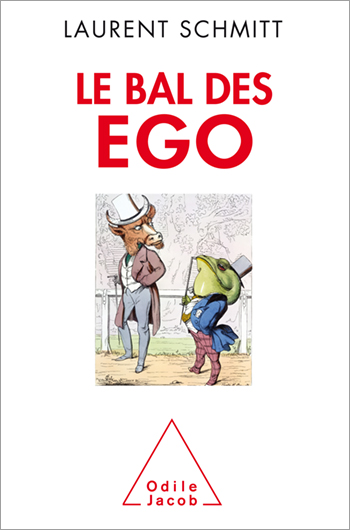
Laurent Schmitt
The Dance of the Egos
An approach to the evolution of society: the predominance of rivalry in human relations, the emergence of specific personality types.
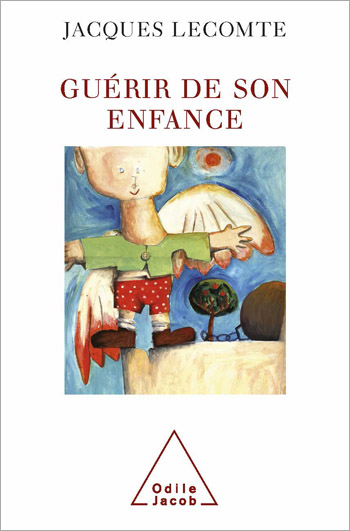
Jacques Lecomte
Cured of Childhood
How does a child whom life has hurt become resilient? Jacques Lecomte examines every aspect of a child's environment that can help him or her overcome misfortune. He stresses the crucial need for markers in the reconstruction of the child's personality, and on the importance of finding meaning in suffering. This is a thorough study of resilience, its foundations and how it works. It is also a polemical work which questions the role played by psychotherapists in building resilience. Jacques Lecomte argues that they are not the only ones who can do this - and that sometimes psychotherapists can do more harm than good. The author suggests specific plans of action, for families and children, so that those who are suffering and in pain may learn to become resilient and happy. This book offers a powerful message of hope - happiness, says the author, lies in acquiring a better understanding of resilience. Jacques Lecomte is a doctor in psychology and a lecturer at the University of Paris-X. He specialises in training professionals who work with children and is secretary general of the International Observatory on Resilience, presided by Boris Cyrulnik.
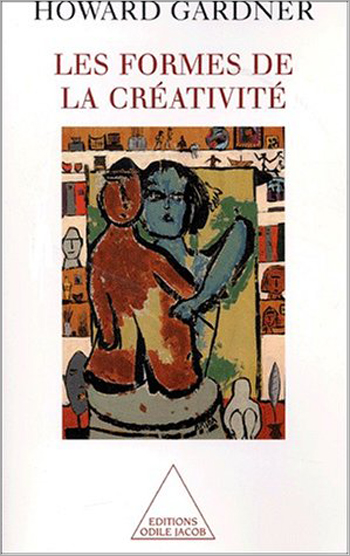
Howard Gardner
Creating Minds An Anatomy of Creativity Seen Through the Lives of Freud, Einstein, Picasso, Stravinsky, Eliot, Grah
What is creativity? Do there exist psychological traits common to all creative geniuses? Can one characterize creativity in different forms and in different areas? It is impossible to respond to these questions without examining variegated and specific cases of creative genius: artistic, literary, scientific and even political. Thus, Gardner proposes seven psychobiographies characteristic of each type of genius: Freud, Einstein, Picasso, Stravinsky, T.S. Eliot, Martha Graham, and Gandhi. What were the different paths that they chose? How did their creative spirits work? Howard Gardner is a cognitive psychologist.
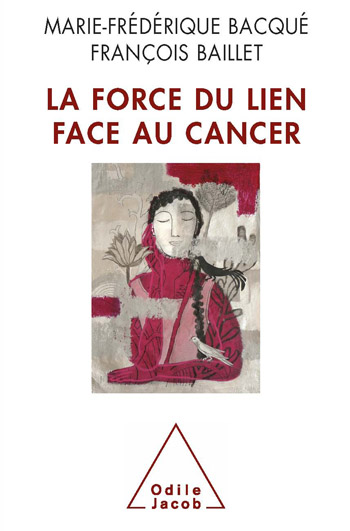
Marie-Frédérique Bacqué, François Baillet
Coping With Cancer
This book will help readers understand cancer's dual physical and psychological impact.

